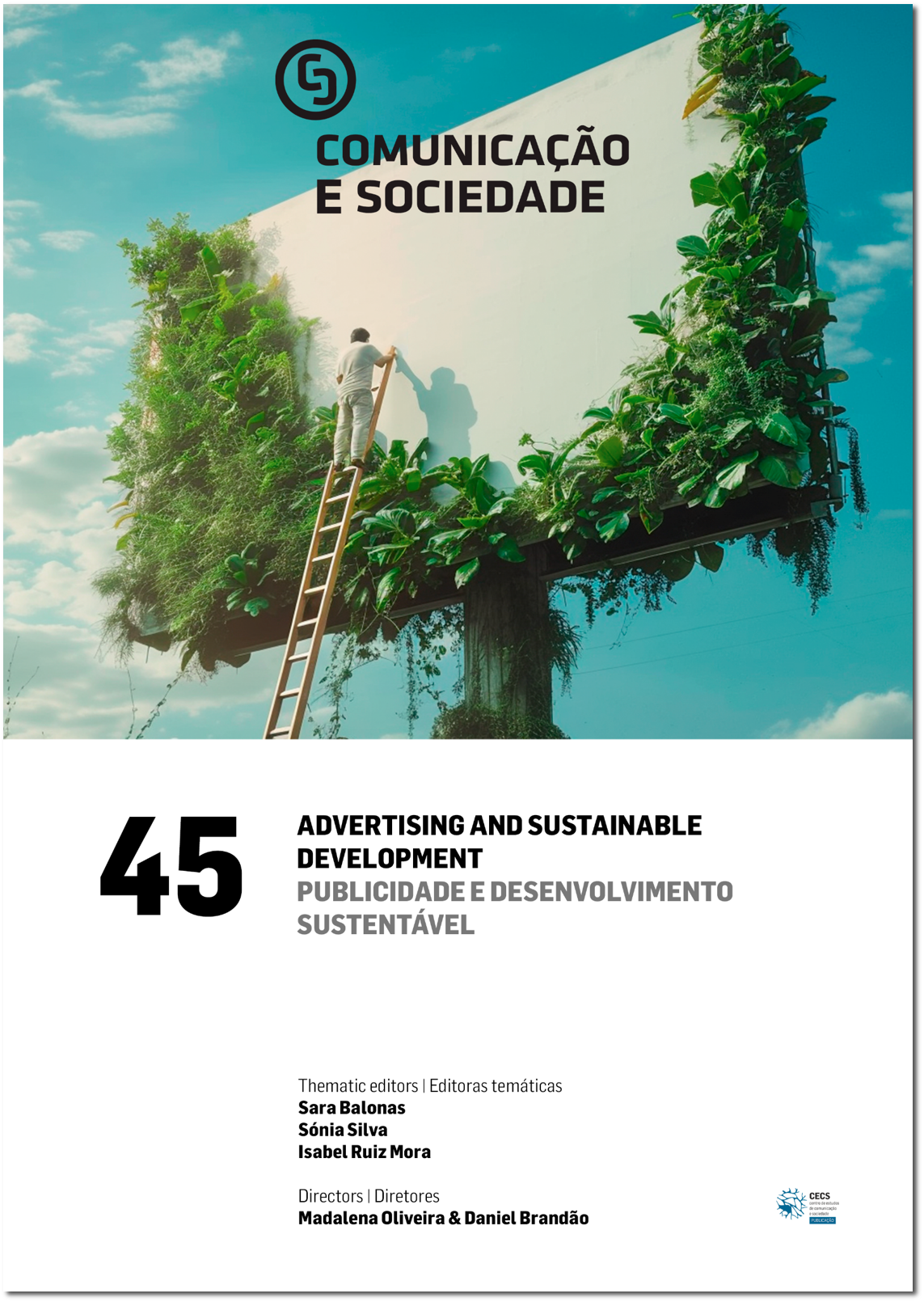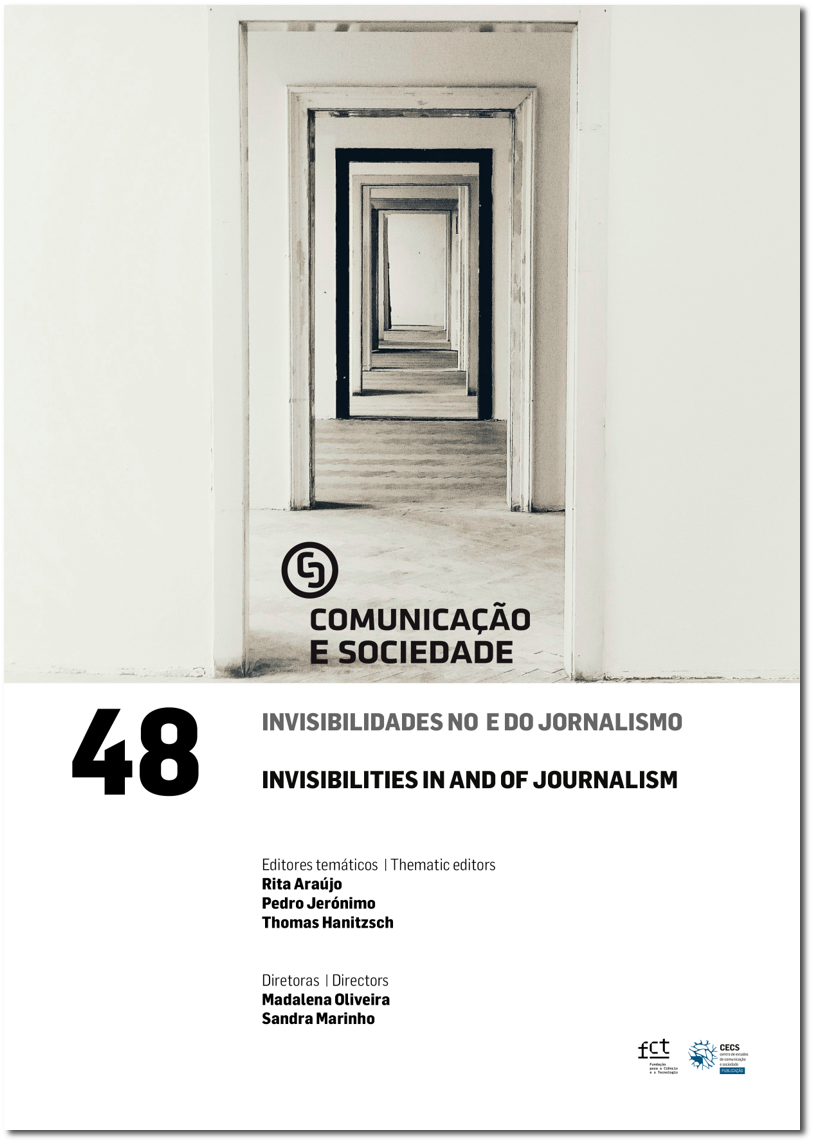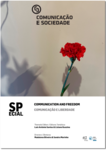Understanding the Role of IKEA Portugal’s Brand Values in Shaping the Purchase Decisions of Millennial Consumers
DOI:
https://doi.org/10.17231/comsoc.45(2024).5376Keywords:
generational culture, millennial generation, brand values, consumer behaviour, purchase decisionAbstract
This article delves into the considerable influence of generation Y, or millennials, on purchase behaviour and brand interactions. Their focus on creating a better world, combined with their status as digital natives, has spurred changes in e-commerce and corporate practices. This generation prioritises environmental and social concerns, compelling companies to adopt honesty and transparency in their products, processes, and values. Millennials are inclined to support brands that demonstrate social responsibility, sustainability, and ethical practices. Consequently, brand values have become pivotal, shaping consumer perceptions and behaviours. These values reflect the beliefs and principles a brand embodies, significantly impacting consumer perceptions and behaviours toward it. The study aims to investigate how IKEA’s brand values influence the purchase decisions of Portuguese millennial consumers. A questionnaire survey was conducted, employing a quantitative methodology, yielding 402 responses from IKEA consumers. The primary findings reveal that IKEA Portugal’s values notably influence the purchase decisions of millennial consumers, particularly those related to value for money, sustainability, social responsibility, and community support.
Downloads
References
Agrocluster. (2017). Estudo de tendências de consumo: Geração Y millennials. https://agrocluster.pt/estudo-de-tendencias-de-consumo-geracao-y-millennials/
Baudrillard, J. (1998). The consumer society: Myths and structures. SAGE.
Bond, T. (2021, 1 de outubro). Do company values influence customer acquisition? MyCustomer. https://www.mycustomer.com/customer-experience/engagement/do-company-values-influence-customer-acquisition
Calvo-Porral, C., Pesqueira-Sanchez, R., & Faina, A. (2018). A clustered-based categorization of millennials in their technology behavior. International Journal of Human-Computer Interaction, 35(3), 231–239. https://doi.org/10.1080/10447318.2018.1451429
Carr, P. (2021, 13 de maio). Consumers are declaring their social values through purchase decisions—Are you listening? ADWEEK. https://www.adweek.com/sponsored/consumers-are-declaring-their-social-values-through-purchase-decisions-are-you-listening/
Costin, G. (2019, 1 de maio). Millennial spending habits and why they buy. Forbes. https://www.forbes.com/sites/forbesbooksauthors/2019/05/01/millennial-spending-habits-and-why-they-buy/
Cyr, M. G. (2018). China: Hyper-consumerism, abstract identity. Cuaderno de Economía, (78), 195–212. https://doi.org/10.18682/cdc.vi78.3671
Deloitte. (2022). Striving for balance, advocating for change. The Deloitte global 2022 gen z & millennial survey. https://www2.deloitte.com/content/dam/insights/articles/glob175227_global-millennial-and-gen-z-survey/Gen%20Z%20and%20Millennial%20Survey%202022_Final.pdf
Engel, J. F., Blackwell, R. D., & Miniard, P. W. (1986). Consumer behavior. Dryden Press.
Engel, J. F., Kollat, D. T., & Blackwell, R. D. (1968). Consumer behavior. Holt, Rinehart & Winston.
Enquist, B., Edvardsson, B., & Sebhatu, S. (2007). Values-based service quality for sustainable business. Managing Service Quality, 17(4), 385–403. https://doi.org/10.1108/09604520710760535
Gonçalves, H. M., Lourenço, T. F., & Silva, G. M. (2016). Green buying behavior and the theory of consumption values: A fuzzy-set approach. Journal of Business Research, 69(4), 1484–1491. https://doi.org/10.1016/j.jbusres.2015.10.129
Gurău, C. (2012). A life-stage analysis of consumer loyalty profile: Comparing generation X and millennial consumers. Journal of Consumer Marketing, 29(2), 103–113. https://doi.org/10.1108/07363761211206357
Holt, D. B. (2004). How brands become icons: The principles of cultural branding. Harvard Business Press.
Holt, D. B. (2012). Cultural brand strategy. In V. Shankar & G. S. Carpenter (Eds.), Handbook of marketing strategy (pp. 306–317). Elgar.
Holt, D. B., & Cameron, D. (2010). Cultural strategy: Using innovative ideologies to build breakthrough brands. Oxford University Press.
Howard, J. A., & Sheth, J. N. (1969). The theory of buyer behavior. John Wiley & Sons.
Howe, N., & Strauss, W. (2000). Millennials rising: The next great generation. Vintage.
Hoyer, W., Maclnnis, D., & Pieters, R. (2012). Consumer behaviour. Cengage Learning.
Huot, R. (2002). Métodos quantitativos para as ciências humanas (M. L. Figueiredo, Trad.). Instituto Piaget. (Trabalho original publicado em 1999)
IKEA. (s.d.-a). Das origens humildes à marca global – uma breve história da IKEA. Retirado a 11 de setembro de 2022, de https://www.ikea.com/pt/pt/this-is-ikea/about-us/sobre-a-ikea-portugal-pub3c09f721
IKEA. (s.d.-b). Sobre a IKEA Portugal. Retirado a 11 de setembro de 2022, de https://www.ikea.com/pt/pt/this-is-ikea/about-us/sobre-a-ikea-portugal-pub3c09f721
IKEA. (s.d.-c). A visão e os valores IKEA. Retirado a 14 de setembro de 2022, de https://www.ikea.com/pt/pt/this-is-ikea/about-us/a-visao-e-os-valores-ikea-pub9aa779d0
IKEA. (2021, 13 de outubro). IKEA Portugal encerra o ano fiscal com 462 milhões de euros em vendas. https://www.ikea.com/pt/pt/newsroom/corporate-news/ikea-portugal-encerra-o-ano-fiscal-com-462-milhoes-de-euros-em-vendas-pub262d5c27
Kamprad, I., & Torekull, B. (2010). A história da IKEA (M. Andrade, Trad.). A Esfera dos Livros. (Trabalho original publicado em 2006)
Kotler, P., Armstrong, G., Harris, L. C., & He, H. (2020). Principles of marketing. Pearson.
Kotler P., Kartajaya H., & Setiawan I. (2011). Marketing 3.0: From products to customers to the human spirit. John Wiley & Sons.
Kotler, P., Kartajaya, H, & Setiawan, I. (2017). Marketing 4.0: Moving from traditional to digital. John Wiley & Sons.
Kotler, P., Kartajaya, H., & Setiawan, I. (2021). Marketing 5.0: Tecnhnology for humanity. John Wiley & Sons.
Kotler, P., & Keller, K. (2012). Marketing management (14.ª ed.). Pearson Education.
Lacerda, C., & Borges, F. (Eds.). (2017). All about geração millennium: O maior estudo jamais feito em Portugal! CH Consulting; Multidados.
Lemon, K. N., & Verhoef, P. C. (2016). Understanding customer experience throughout the customer journey. Journal of Marketing, 80(6), 69–96. https://doi.org/10.1509/jm.15.0420
Maslow, A. (1943). A theory of human motivation. Psychological Review, (50), 370–396.
Merck. (2022a, 1 de julho). Os millennials portugueses querem um futuro mais sustentável; já a geração Z prefere que seja mais equitativo e inclusivo. https://www.merckgroup.com/pt-pt/news/merck-survey-o-futuro-que-os-millennials-e-a-geracao-z-da-europa-querem-2022-07-04.html
Merck. (2022b, 5 de setembro). Jovens portugueses são os que, na Europa, fazem mais planos para ter filhos. https://www.merckgroup.com/pt-pt/news/merck-survey-jovens-portugueses-sao-os-que-na-europa-fazem-mais-planos-para-ter-filhos-2022-09-05.html
Nicosia, F. M. (1966). Consumer decision processes: Marketing and advertising implications. Prentice-Hall.
Santos, S., & Gonçalves, H. M. (2021). The consumer decision journey: A literature review of the foundational models and theories and a future perspective. Technological Forecasting and Social Change, 173, 1–14. https://doi.org/10.1016/j.techfore.2021.121117
Sheth, J. N., Newman, B. I., & Gross, B. L. (1991). Why we buy what we buy: A theory of consumption values. Journal of Business Research, 22(2), 159–170. https://doi.org/10.1016/0148-2963(91)90050-8
Twenge, J. M. (2010). A review of the empirical evidence on generational differences in work attitudes. Journal of Business and Psychology, 25(2), 201–210. https://doi.org/10.1007/s10869-010-9165-6
Wellner, A. S. (2003). The next 25 years. American Demographics, 25, D26-D29.
Woo, A. (2018, 4 de junho). Understanding the research on millennial shopping behaviors. Forbes Agency Council. https://www.forbes.com/sites/forbesagencycouncil/2018/06/04/understanding-the-research-on-millennial-shopping-behaviors/
Zainuddin, N., Russell-Bennett, R., & Previte, J. (2008, 15–16 de julho). Describing value in a social marketing service: What is it and how is it influenced? [Apresentação de comunicação]. Partnerships, Proof and Practice - International Nonprofit and Social Marketing Conference, Wollongong, Austrália.
Downloads
Published
How to Cite
Issue
Section
License
Copyright (c) 2024 Nuno Goulart Brandão, Bárbara Côrte

This work is licensed under a Creative Commons Attribution 4.0 International License.
Authors own the copyright, providing the journal with the right of first publication. The work is licensed under a Creative Commons Attribution 4.0 International License.











